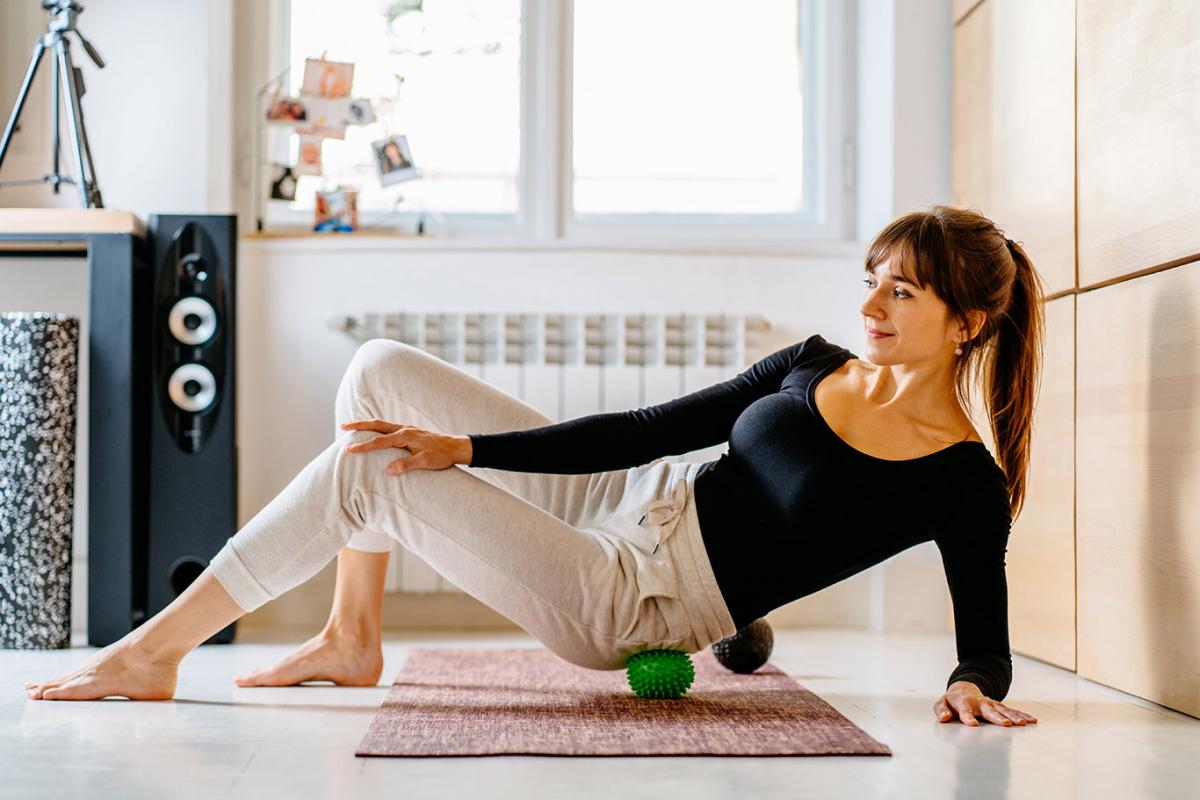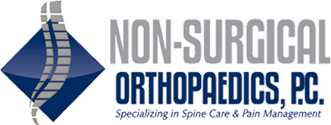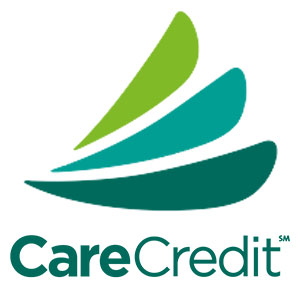How Does the Body Create Knots in the Muscles?

August 2022
Muscle knots, also known as myofascial trigger points, occur when a muscle is irritated by either repetitive movement or by holding an awkward position for too long. While it may seem like the muscle is twisted, there’s actually a buildup of tension in the muscle which causes it to painfully spasm. Many athletes struggle with muscle knots due to exercising the same group of muscles for a prolonged period of time. Even if you’re not an athlete, you can develop muscle knots from being in an uncomfortable position for too long, such as when driving or slouching behind a desk.
Knots can develop anywhere in the body where there’s muscle tissue. However, you’re most likely to experience muscle knots in your calves, shins, neck, shoulders and low back.
Symptoms of Muscle Knots
A muscle knot may feel like a small lump or nodule that is tender to the touch. Knots that are buried deep in the muscle may not be felt unless you press hard on the tissue. Some common symptoms of muscle knots include pain, tingling, numbness and a decreased range of motion in the affected area.
Muscle knots may also cause some secondary symptoms, such as low back pain, tension headaches, sleep problems and ringing in the ears.
Causes of Muscle Knots
Muscle Injury
When you work out daily or do physical work that involves lifting, pushing and carrying heavy objects, you are using the same muscle groups. Overuse of those muscle groups may lead to strains or injuries. An acute muscle injury can lead to the development of muscle knots.
Professional athletes who overtrain or rely on improper training techniques may suffer sports injuries or develop muscle knots.
Emotional Stress and Anxiety
If you’re experiencing stress or have chronic anxiety, you may inadvertently clench your muscles, such as those in your neck or shoulder. This prolonged physical tension may make your body susceptible to muscle knots.
Prolonged Sitting or Bed Rest
Your muscles stay healthy when you move your body. Conversely, refraining from physical activity can lead to muscle soreness. Prolonged inactivity may actually strain and overload your muscles.
Treatment of Muscle Knots
Loosening muscle knots doesn’t involve invasive treatments. In fact, some patients with muscle knots may be able to treat themselves at home with these simple solutions:
- Muscle stretching: Gentle stretching and deep breathing exercises can help reduce muscle tension and promote relaxation. If your work primarily involves sitting, try getting up and stretching every hour or so to help prevent knots.
- Gentle exercise: Your muscles love physical activity. If you’ve developed a painful knot, try loosening your muscles with gentle movement, like walking or swimming.
- Heat and cold: Alternating between ice and heat can help alleviate muscle pain and tension.
- Trigger point massage: Applying pressure on the knot area can help release the muscle and alleviate pain and tension.
- Dietary changes: Eating anti-inflammatory foods can help reduce muscle inflammation and promote healing.
If you have tried these home remedies to treat your muscle knot but the pain isn’t going away or is becoming worse, you should explore more advanced treatments. There are many effective non-invasive or minimally invasive treatments your doctor may recommend:
- Trigger point injections are administered to provide immediate relief
- Regenerative medicine, including platelet rich plasma injections (PRP), may help repair injuries
- Chiropractic care to realign bad posture (a common cause of muscle knots)
- Therapeutic massage to release pent up pressure in the muscle tissue
- Physical therapy
- Over-the-counter anti-inflammatory medication
Treat Your Back and Neck Pain at Non-Surgical Orthopaedics in Marietta and Carrollton
Are you suffering from stubborn muscles knots in your neck or back? At Non-Surgical Orthopaedics, we offer a variety of non-surgical pain management solutions.
Whether your condition is chronic or the result of an acute injury, such as from a car accident, our highly-trained physicians are here to help.
To schedule an appointment at one of our two Georgia locations, call 770-421-1420.






